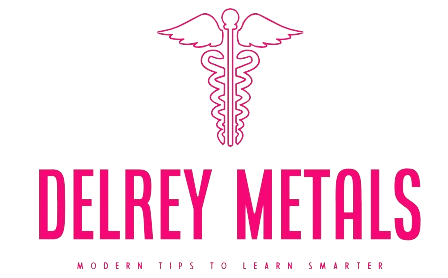Embarking on a journey to address weight management concerns often involves careful consideration and collaboration with healthcare providers. When contemplating the use of weight loss medications, open and thorough discussions with a healthcare provider are crucial to ensure safe and effective treatment. Considering ozempic alternatives may involve evaluating various medications or lifestyle adjustments to effectively manage diabetes and improve overall well-being. Several key topics should be addressed during these conversations to empower individuals to make informed decisions about their weight loss journey.
Medical History:
Before initiating weight loss medications, individuals should provide their healthcare provider with a comprehensive medical history. This includes information about past and present medical conditions, previous surgeries, allergies, medications (including over-the-counter and supplements), and any family history of obesity-related health conditions. Understanding one’s medical background allows healthcare providers to assess potential risks and tailor treatment recommendations accordingly.
Current Medications:
It is essential to discuss all current medications, including prescription, over-the-counter, and herbal supplements, with a healthcare provider before starting weight loss medications. Certain medications may interact with weight loss medications, altering their effectiveness or increasing the risk of adverse effects. Additionally, individuals taking medications for pre-existing conditions such as diabetes or hypertension may require adjustments in their treatment regimen to accommodate the introduction of weight loss medications.
Weight Loss Goals and Expectations:

Clear communication about weight loss goals and expectations is paramount when discussing the use of weight loss medications. Healthcare providers can help individuals set realistic and achievable goals based on factors such as current weight, medical history, and lifestyle factors. Additionally, discussing expectations regarding the rate of weight loss, potential challenges, and strategies for long-term weight maintenance can foster a collaborative approach to treatment.
Potential Benefits and Risks:
Before starting weight loss medications, individuals should receive detailed information about the potential benefits and risks associated with treatment. Healthcare providers can explain how weight loss medications work, their expected effects on weight loss and health outcomes, and any potential side effects or complications. Understanding both the benefits and risks empowers individuals to make informed decisions and actively participate in their treatment plan.
In conclusion, discussing key considerations with a healthcare provider before starting weight loss medications is essential for safe and effective treatment. By providing a comprehensive medical history, discussing current medications, setting realistic goals, understanding potential benefits and risks, and addressing lifestyle modifications, individuals can make informed decisions about their weight loss journey. Patients seeking ozempic alternatives may explore other GLP-1 receptor agonists or consult their healthcare provider for alternative medications.







